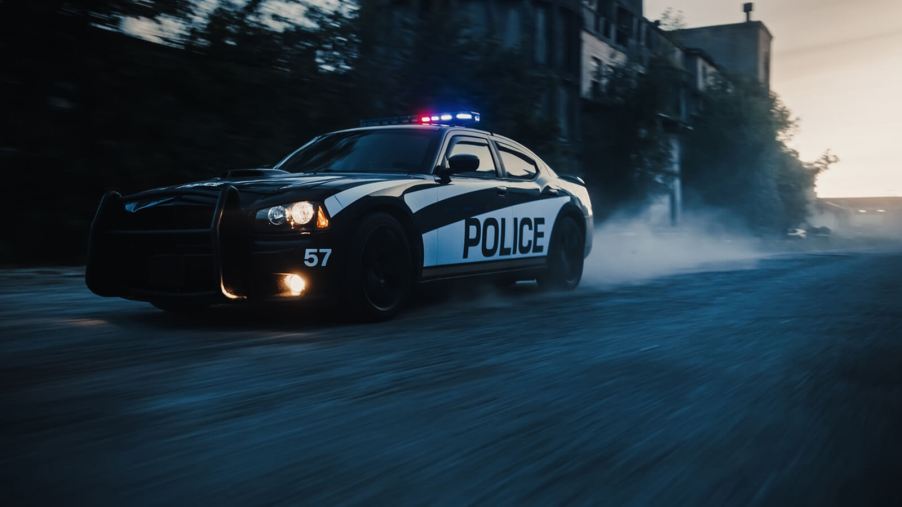
What Kind of Driver Training Do Police Officers Receive?
Law enforcement officers (LEOs) patrol city streets, rural roads, and high-density highways every day. As such, they require very specific driver training. From pursuit driving to tight maneuvers, police officers have to be able to handle it all.
Police officers at the federal, state, and local levels require specific driver training from an Emergency Vehicle Operations Course to refresher training
It would be downright irresponsible and dangerous for departments to send their LEOs onto public roads without driver training. As such, officers must pass training programs like an Emergency Vehicle Operations Course (EVOC). Consequently, your local police officers likely have to complete the following before you ever see them on your local streets.
- Pursuit training
- Defensive driving skills
- Skid control
- Urban driver training
- High-speed vehicle control
And for good reason. Law enforcement officers, like firefighters and emergency medical personnel, will undoubtedly drive in a code three response at some point. That means exceeding the speed limit, clearing intersections during a red light, and even driving against the flow of traffic.
However, unlike firefighters and ambulance drivers, police officers may have to engage in tricky tasks like high-speed pursuits. And it’s not just catching the criminals, either. Safety is the priority. That means an LEO must be able to drive fast in a controlled manner and perform chase-ending tactics like the precision immobilization technique (PIT) maneuver. Oh, and they have to do so without endangering the populous.
In fact, many cadets and students in academies nationwide fail their vehicle training and have to repeat it. Unfortunately for those would-be officers, too many failures can wash them out of a law enforcement academy altogether. After all, academies are expected to get officers ready for the first postings as soon as possible.
What’s more, instructors get specialized training to train LEOs to maintain control, composure, and make good decisions at high speeds. For instance, federal law enforcement agents can become instructors after attending the Law Enforcement Driver Instructor Training Program (LEDITP).



